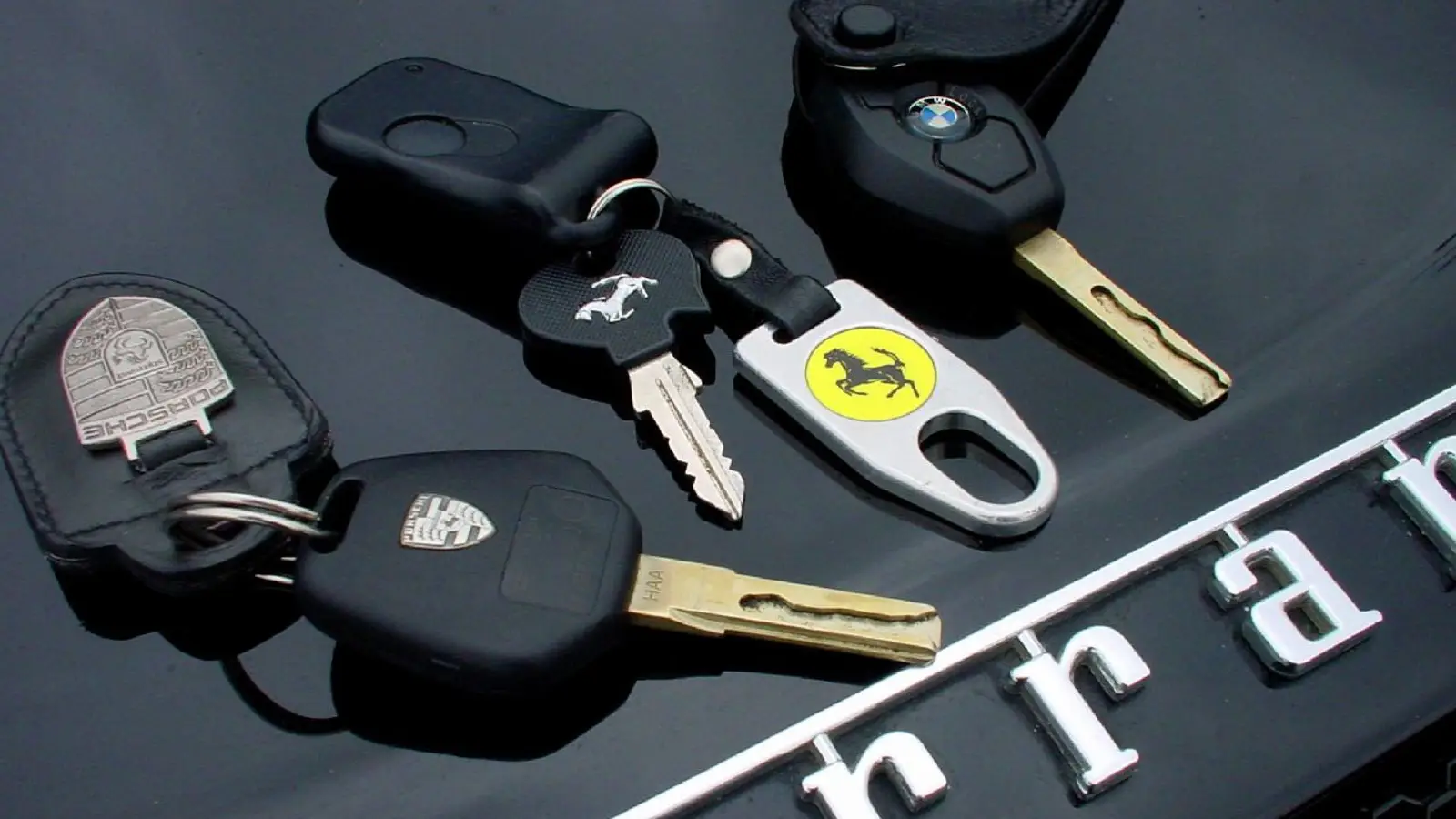Are Smartphones Ready to Replace Traditional Car Keys?

Smartphones as car keys: how digital access works, its advantages, current limitations, and what automakers like BMW, Audi, and Hyundai are doing in 2025.
Could your phone become your next car key? It’s not just a possibility — it’s already a reality for many drivers. But are we truly ready to say goodbye to traditional car keys for good?
Over the past decade, car access technology has made a giant leap forward. What started with remote fobs and push-to-start buttons has now evolved into fully digital car keys embedded in smartphones. Brands like BMW, Audi, Hyundai, and Volkswagen have launched their own versions, turning your phone into a gateway to your vehicle using Bluetooth, NFC, or Ultra-Wideband (UWB).
Among the most advanced is BMW’s Digital Key Plus, relying on UWB to detect the exact location of the user’s phone. It’s precise enough to unlock the car as you approach, without even touching your phone. Other brands, such as Volkswagen, have opted for NFC-based systems, requiring the user to hold their phone close to the door handle. Then there’s MoboKey, a third-party solution offering remote access and shared control options — no need for a traditional key at all.
The advantages seem compelling. Digital keys mean fewer things to carry and more control in your pocket. Drivers can unlock, start, and even share access to their vehicle via mobile apps. Smart integrations allow cars to adjust preferences like seating and climate automatically, creating a highly personalized driving experience. In an age of eco-consciousness, reducing the need for physical keys also has a sustainability angle.
But convenience doesn’t come without complications. Despite improved encryption and advanced technologies like UWB, digital car keys still face serious security challenges. Recent reports have shown vulnerabilities, including relay attacks — even against systems like Tesla’s. If a phone is hacked, lost, or runs out of battery, access to the car can become a real headache. As The Guardian and The Times have reported, even major brands like Hyundai and Kia have faced legal trouble due to apps that made vehicles easier to steal.
These issues underscore the critical need for regulation and robust cybersecurity. While digital key adoption is on the rise — with the market expected to grow from $2.5 billion in 2024 to over $8 billion by 2033 — the path ahead requires more than just clever tech. Standards must be set, privacy must be protected, and carmakers must invest in making digital access both seamless and secure.
Some automakers are pushing forward regardless. Audi’s integration with Samsung Wallet, for instance, allows drivers to store and use their digital key directly from the app. Meanwhile, regional differences remain: smartphone key technology is more widespread in Europe and North America than in other markets.
So, will smartphones fully replace car keys? For now, they coexist. Digital keys are an exciting innovation — but they’re not infallible. As the technology matures and manufacturers learn from past security lapses, the digital key may well become the standard. But we’re not quite there yet.
Allen Garwin
2025, May 28 15:59


